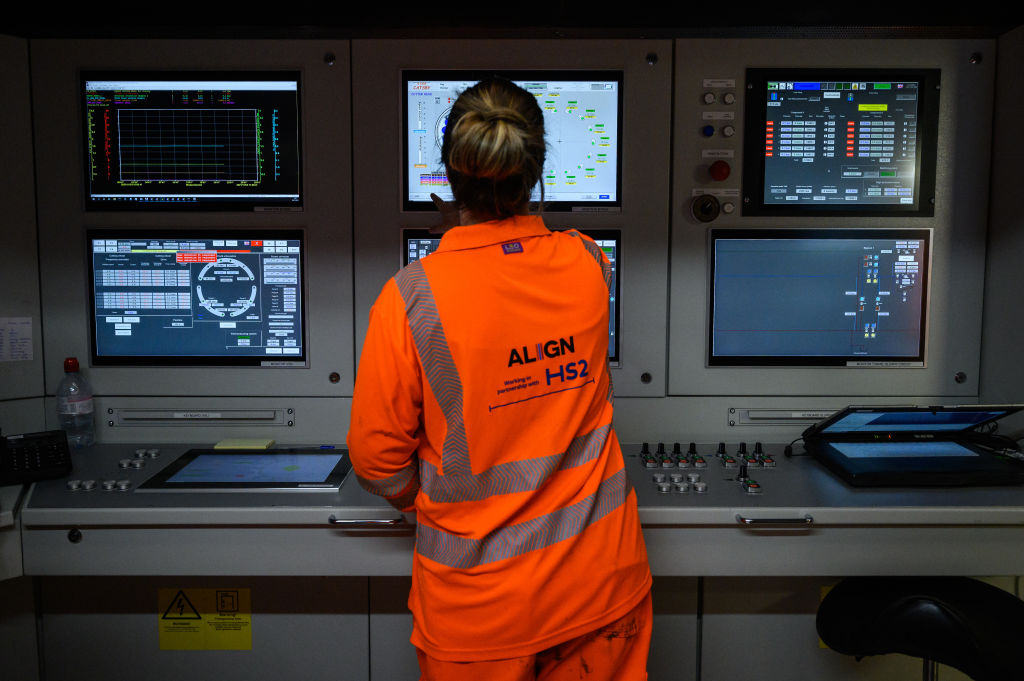Our girls still aren’t confident to pursue careers as scientists and mathematicians

The older girls get in high school, the less likely they are to pursue maths and science subjects, writes Kara Lynch, a nuclear physicist at the University of Manchester.
GCSE exams are taking place across the country this week and for many Year 11 girls, this will be the last time they will study science, technology, engineering and mathematics, otherwise known as STEM subjects.
In recent years, there’s been an encouraging increase in the number of girls taking these subjects at A-level as well as the number of women going on to study them as undergraduates. But the result of historic under-representation means that women still make up only 29.4 per cent of the STEM workforce in the UK, according to government figures. This remains a crucial issue – we need diverse minds to ensure the discoveries of tomorrow benefit everyone in society.
Much of the continued problems in getting schoolgirls into STEM classes is about confidence. This fall in self-assurance in these subjects starts to fall between years 6 and 8. And, according to a survey from L’Oreal and YouGov, there is a significant decrease in engagement and maths and science subjects, by nearly half, as they progress through secondary school. This comes at a critical age when students are choosing subjects for future study,
I believe we need a dual approach to solving this– more encouragement for girls to follow their interest in STEM subjects and more support for women to continue (or return to) their careers in science and maths subjects.
Having recently returned to physics research at the University of Manchester after a career break to start a family, I have first-hand experience of how essential this support is. Without the enthusiastic encouragement of colleagues, and financial support from the Science and Technology Facilities Council (STFC) which paid for essential childcare, I would not have been able to prepare a successful application for a senior physics fellowship which has kick-started my research career.
The postdoctoral years – after completing a PhD but before securing a permanent position at a university – are a particularly challenging time for any academic. During the time of life with many milestones – buying a house, finding a partner, having children – the financial and geographic uncertainty of academic life can be a challenge. When coupled with the additional demands on women due to maternity leave, primary caregiving for children or elderly relatives, a career in STEM can be difficult to navigate.
For girls in those crucial years at school, they are 75 per cent more likely to be confident studying maths if they have an adult close to them working in the science of maths field. Receiving the Women in Science Awards by L’Oreal and Unesco, and the knowledge that other women had gone before was a crucial part of my own journey.
It’s my hope that with more recognition and support programmes that offer women flexibility and choice, we will be able to strengthen the talent pipeline with more women. This is a collective effort too – by championing role models and supporting our friends and family in science and maths roles we can help to reinforce the retention of women in them too. I, for one, can’t wait to see what the next generation of scientists, engineers, and mathematicians will achieve.